Search continues for nuclear waste depots
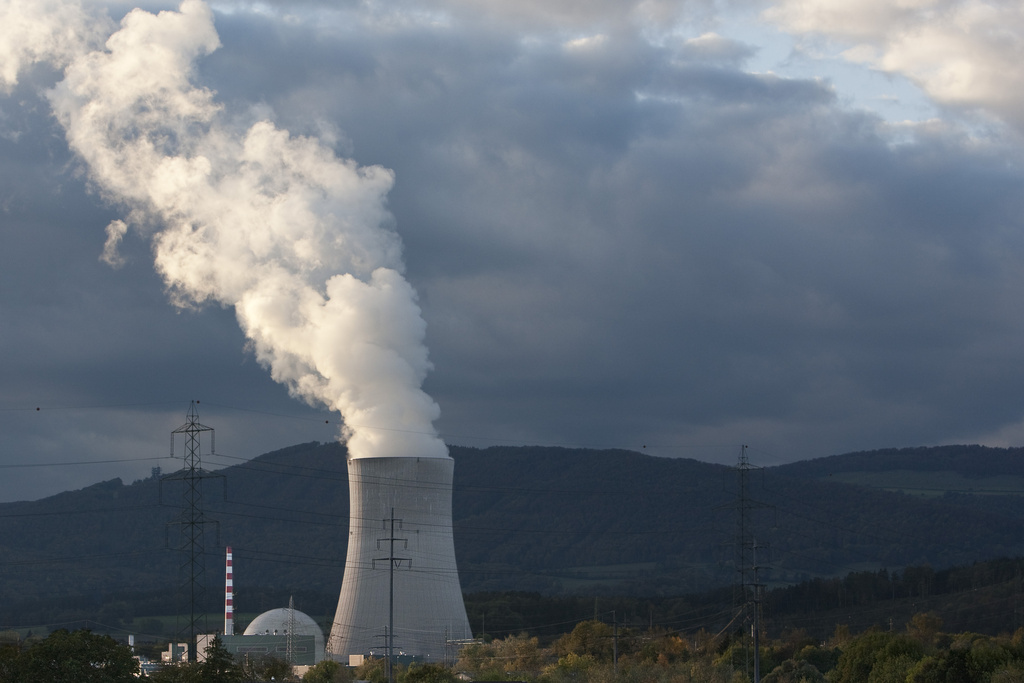
Switzerland, which draws about 40 per cent of its electricity from nuclear power plants, needs to build facilities for the long-term disposal of the waste generated.
The search is on for suitable host sites. Not many sites were proposed but six candidates are currently under consideration.
Just a few steps from the Gösgen nuclear power plant in canton Solothurn, some 250 people gathered on Monday night to learn more about the issue. The Jura-Südfuss region – which surrounds the Gösgen plant – is one of the six candidates for a deep geological repository.
“No matter what you think about nuclear energy, we’ve got a problem that we have to solve together,” said Michael Aebersold, the head of the Federal Energy Office’s section on radioactive waste disposal.
Throughout September, people in every region in question will have the chance to attend information sessions.
In 2008 the National Cooperative for the Disposal of Radioactive Waste (Nagra) announced its shortlist of six potential storage regions. In addition to cantons Solothurn and Aargau, the other cantons affected are Nidwalden, Obwalden, Thurgau, Schaffhausen and Zurich.
Relatively far from the Alps, these areas were chosen because of the stable geological conditions that reign underground. The radioactive waste falls into two categories: high-level (i.e. spent fuel rods) and low/intermediate-level (i.e. medical waste).
Public information campaigns and initial government approval are the goals of the current stage; the next will involve narrowing the selection down to two sites per category of waste. Final adoption of the sites is not expected until 2017 at the earliest.
Participation
Those attending the information sessions can help themselves to a plethora of handouts and full-colour brochures, not to mention a DVD. The Federal Energy Office has also devoted a website to the topic.
“Participation” was a buzzword at the meeting in Niedergösgen, yet Obergösgen resident and Solothurn parliamentarian Urs Huber is sceptical about how much influence can be exercised.
“I don’t see an opportunity for the people or the towns to do something – for me it’s a joke,” Huber told swissinfo.ch. A member of the Social Democratic Party, Huber is also the president of a local group protesting the construction of a repository.
“The people here are thinking, ‘Enough is enough. We are not the rubbish bin of Switzerland,’” Huber said, referring to the fact that they already live in the shadow of the Gösgen plant.
End station?
Psychological concerns play a large role when it comes to touchy subjects like atomic power and waste disposal.
“Image is a central point – it can’t be that a region suffers,” said Aebersold. Ideally, a host region would profit through government funding and a boom in jobs created by the building and maintenance of a storage facility.
Terminology also plays a key role, as Aarau city council member Rainer Lüscher told swissinfo.ch.
“I’m really glad we’re no longer talking about ‘terminal storage’ but rather a ‘deep geological repository’ because that gives us hope that we can remove the waste at some point.
“I’d also like to call on researchers to keep looking for other ideas… but the concept of a deep geological repository is good,” Lüscher said.
Open questions
The Niedergösgen meeting went into overtime with a mixed array of reactions.
“It was informative overall; it will be interesting to see what happens between now and mid-2011, when the second phase begins,” said Ulrich Furlenmeier, a white-haired resident of canton Aargau.
Cyrill Bolliger of Solothurn was more critical: “If we haven’t solved the nuclear waste problem, how can we just say ‘yes’ to producing more of it? This is a big risk to the population – not only in Switzerland but in Europe, too.”
The 21-year-old Young Green Party member added, “I don’t think the moderator was very neutral – I think she pushed in the direction of the nuclear lobby.”
Twenty-year-old Michael Saner of Olten agreed that too much time was budgeted for podium speeches, and too little for audience questions. He attended as a member of Huber’s anti-repository group.
Franz Schnider, vice director of the Federal Energy Office, told swissinfo.ch he was very pleased with how the evening went.
“We can be satisfied as long as we can transfer our information and when we see that people are ready to talk about it.
“That’s our aim – to bring people together so that they can discuss this enormously important issue,” Schnider said.
Switzerland has five nuclear power stations: Beznau I, Beznau II, Mühleberg, Gösgen and Leibstadt.
They account for around 40% of the country’s electricity production. Projects for three new plants are under discussion to meet the Swiss power demand.
Switzerland sent spent fuel rods to reprocessing plants in Britain and France until July 2006, when a ten-year moratorium came into force.
Under Swiss law, radioactive waste must in principle be stored within the country at the expense of the producers.
Since 2001 high-level radioactive waste has been stored in an interim facility in northern Switzerland, known as Zwilag.
In 2002 voters in canton Nidwalden threw out a plan to build a permanent underground nuclear waste repository in their region.
Six potential storage sites in northern and central Switzerland are currently under consideration, including the one in Nidwalden.
Storage will be 400-900 metres below the surface, within stable rock formations. The aim is to ensure the safe storage of radioactive material for up to one million years.
The government expects to make an initial selection in 2011 and take a final decision between 2016 and 2019. This will have to be approved by parliament, and may be the subject of a referendum.
The selected sites should come into operation in 2030 or 2040, depending on the type of waste.

In compliance with the JTI standards
More: SWI swissinfo.ch certified by the Journalism Trust Initiative
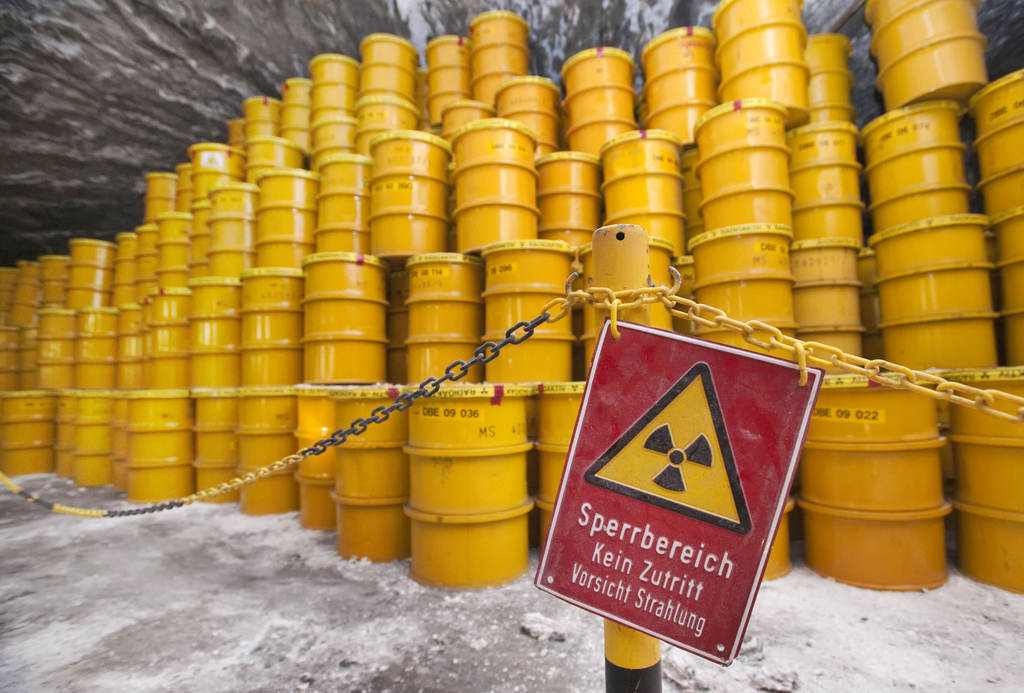
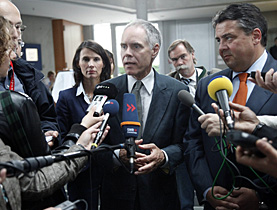
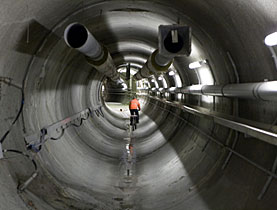
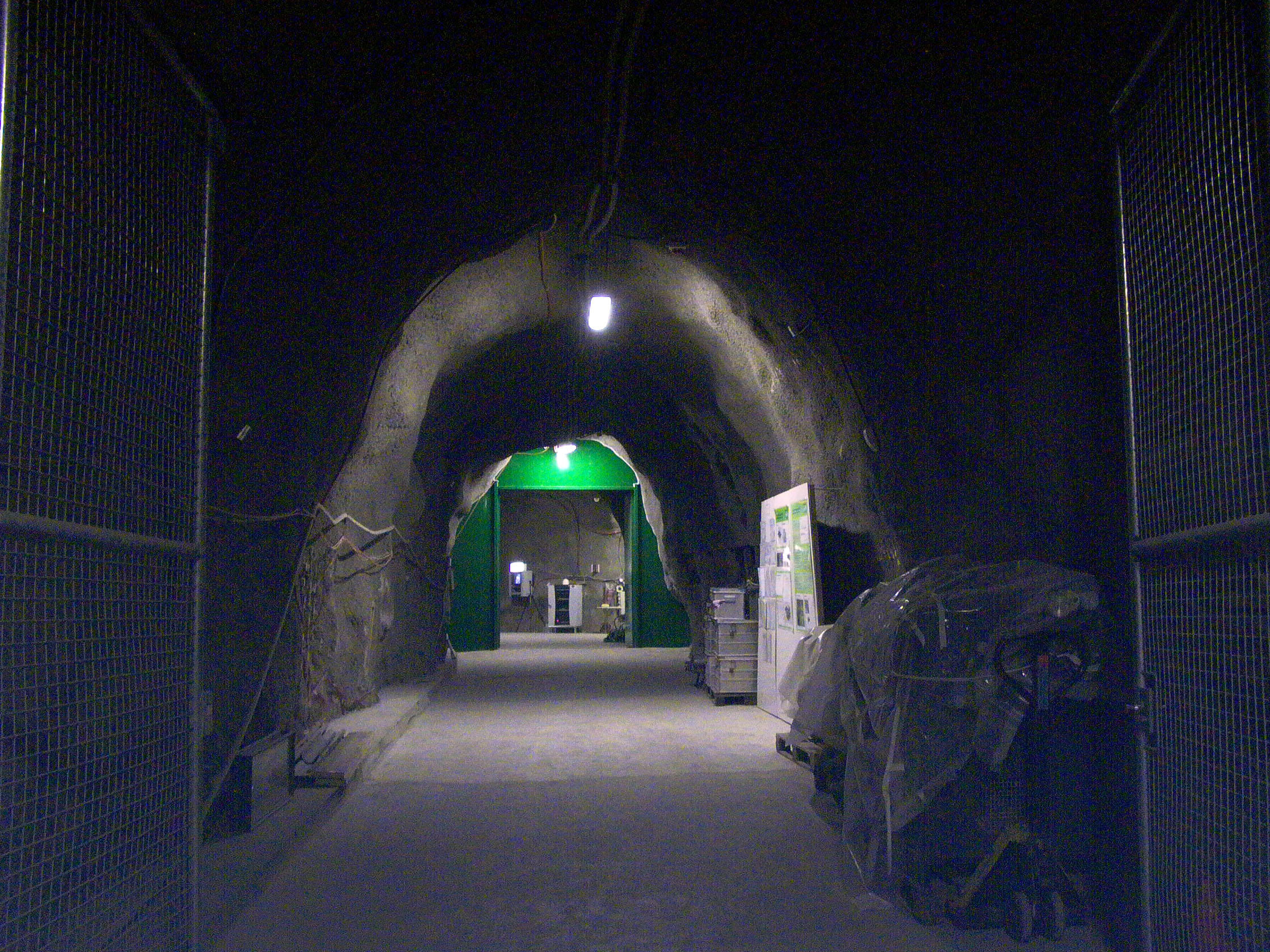
You can find an overview of ongoing debates with our journalists here. Please join us!
If you want to start a conversation about a topic raised in this article or want to report factual errors, email us at english@swissinfo.ch.